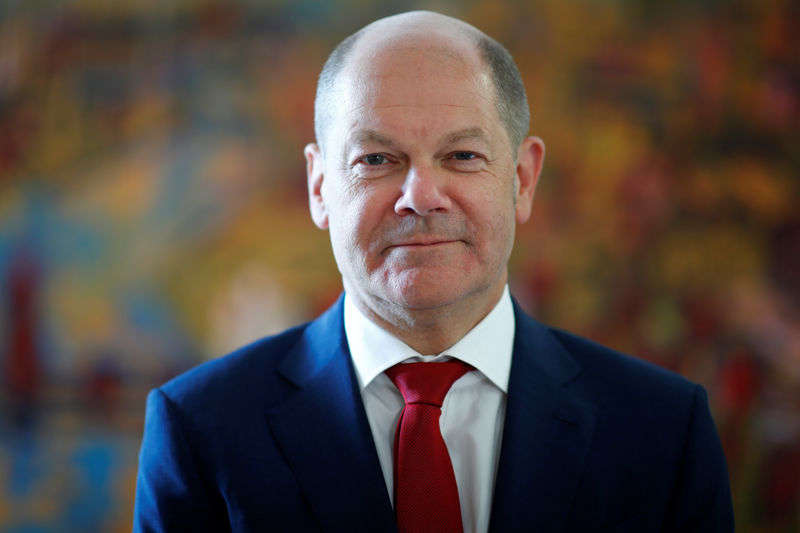This post was originally published on this site

In his address, he praised the German car industry’s dedication to electrification while expressing his disapproval of ongoing protests. Scholz announced a new law, expected in the coming weeks, designed to significantly increase the number of electric vehicle charging stations across the country.
Under the law, Germany would become “the first country in Europe to introduce a law requiring operators of 80% of all service stations to provide fast-charging options with at least 150 kilowatts for e-cars.” An initiative poised to revolutionize the EV landscape by eliminating range anxiety, a common concern for electric vehicle drivers.
Chancellor Scholz, who was sporting an eye patch from a jogging accident, didn’t give a specific timeline for the initiative.
Currently, Germany only has 90,000 public charging points, far from the goal of 1 million by 2030 to boost electric car use.
As of the end of April, Germany had about 1.2M electric cars on the road, falling short of the 15M target for 2030. The main obstacles for electric car sales are high prices, limited range, and a lack of charging stations, especially in rural areas.
Scholz expressed confidence in the face of competition from Chinese electric car makers. He compared it to past fears of Japanese and Korean car domination, stating that German automakers’ competitiveness is solid.
Chinese electric car companies like BYD (SZ:002594), Nio (NYSE:NIO), Xpeng (NYSE:XPEV), and Leapmotor (HK:9863) are targeting the European market, where electric car sales surged by nearly 55% in the first seven months of 2023, accounting for about 13% of all car sales.
Leading German auto suppliers are keen to expand their partnerships in China and provide European-made parts to these growing manufacturers, highlighting the global importance of the EV expansion law introduced by Chancellor Scholz.

